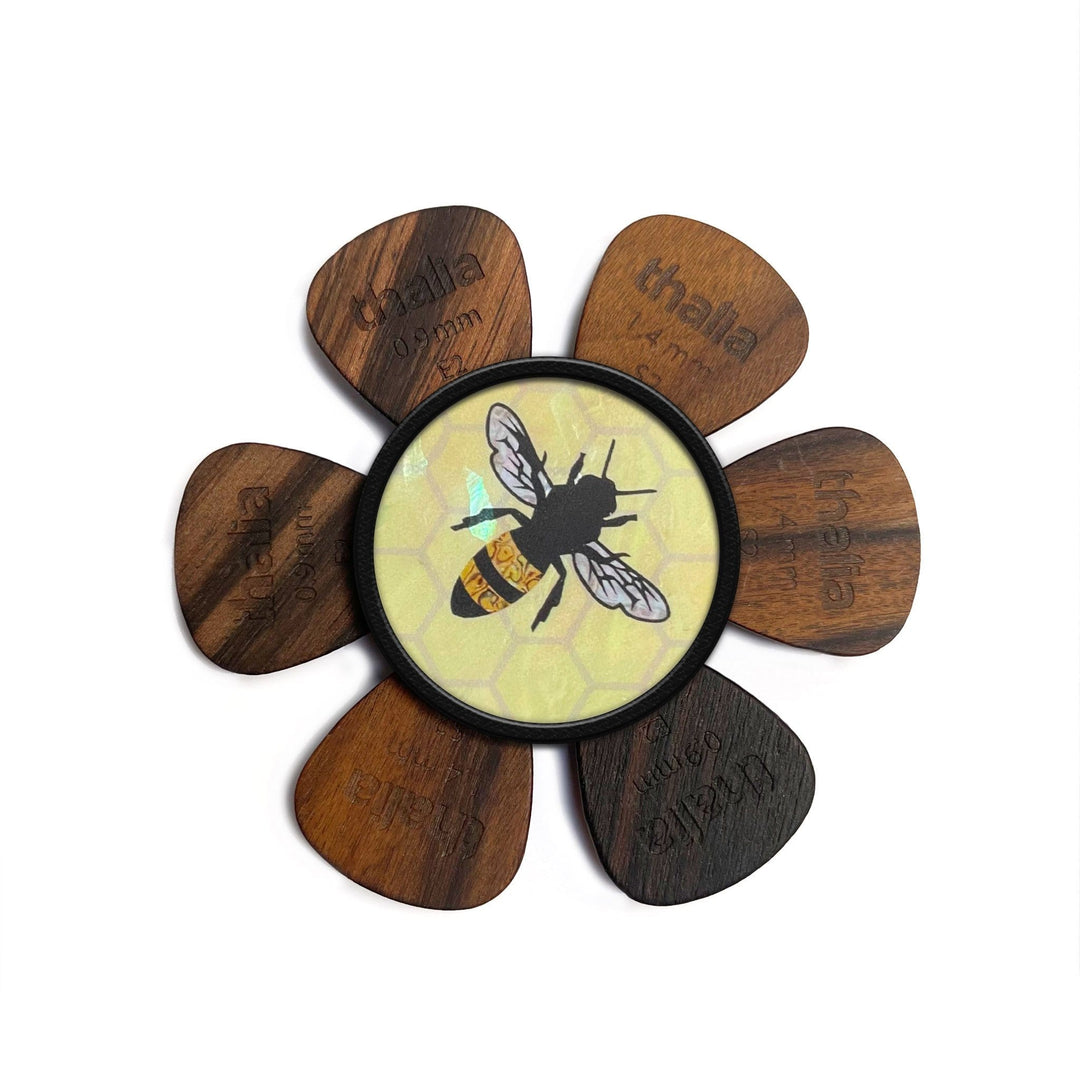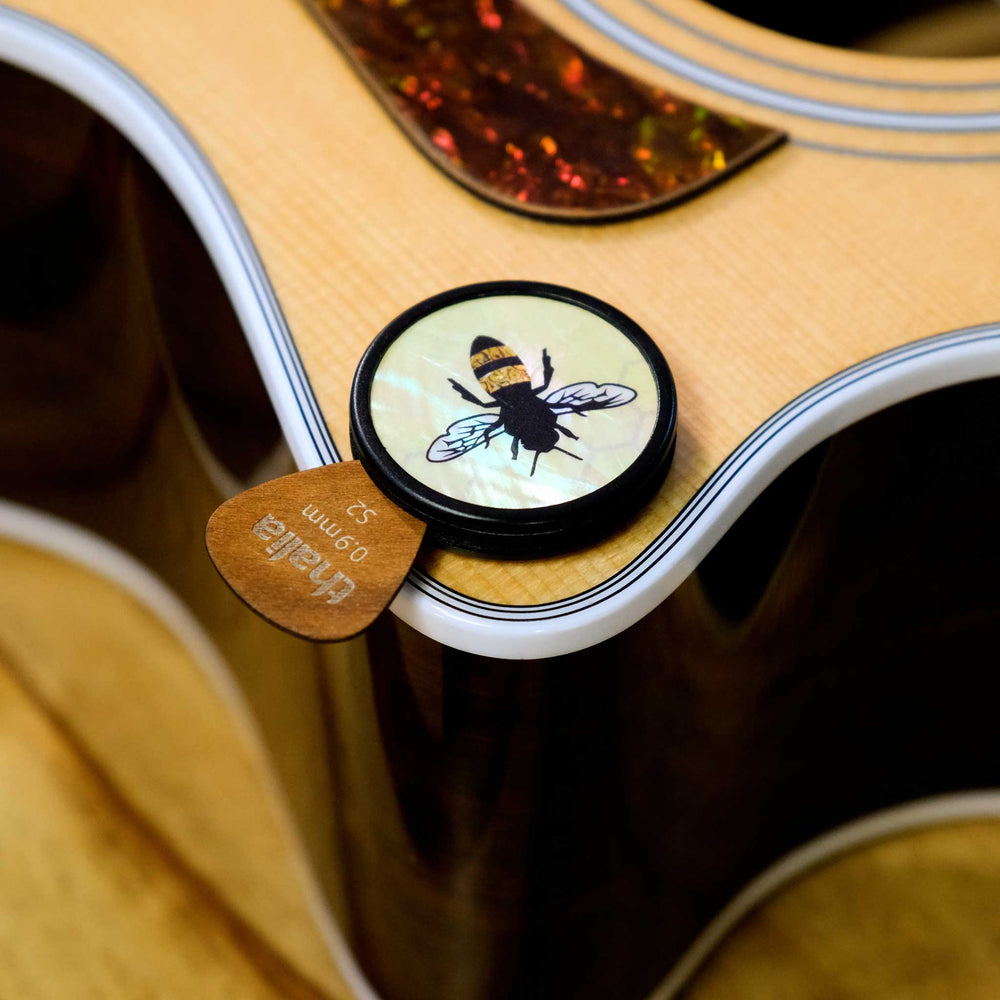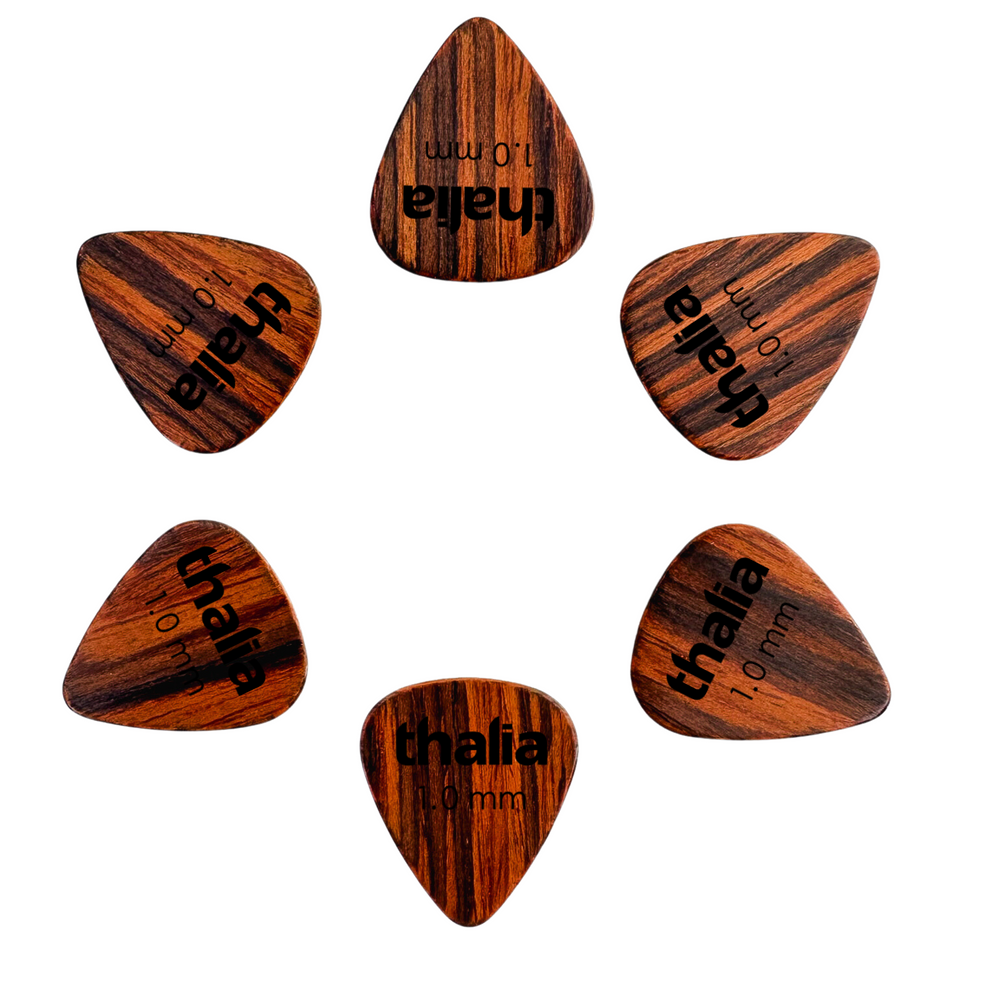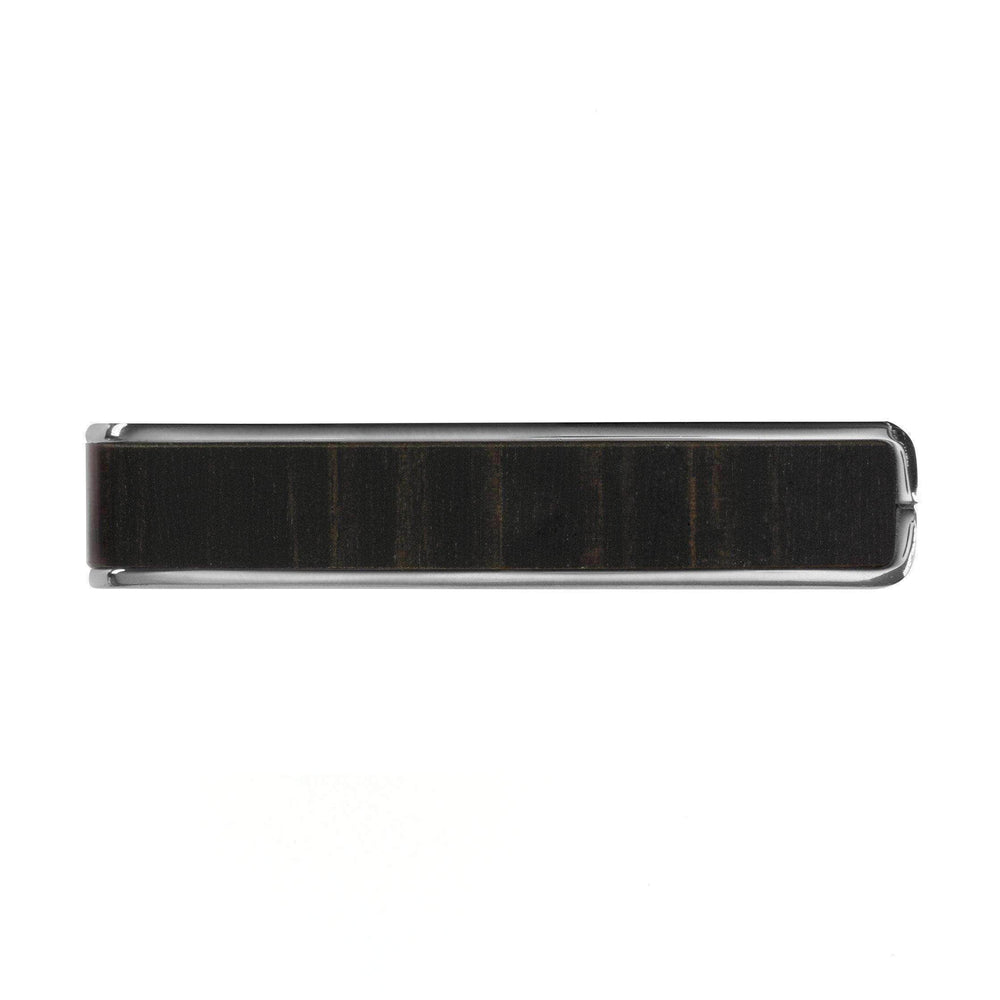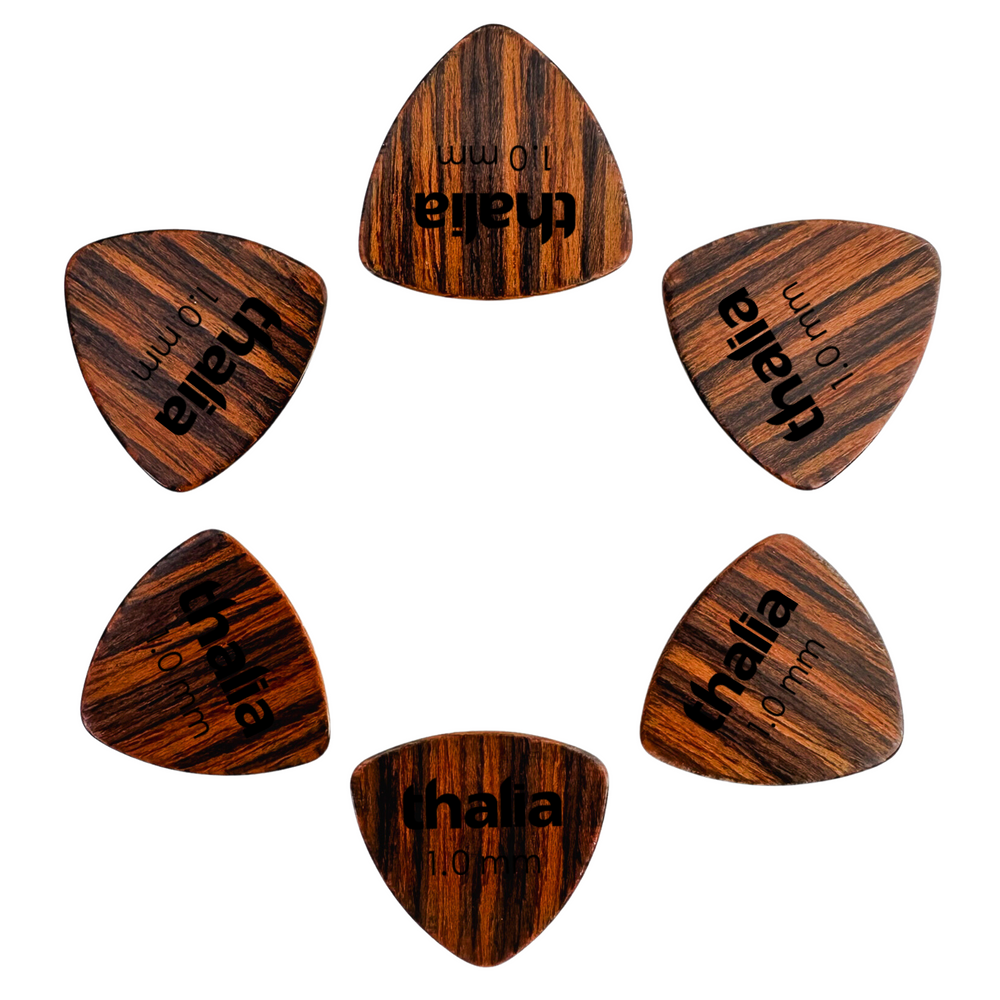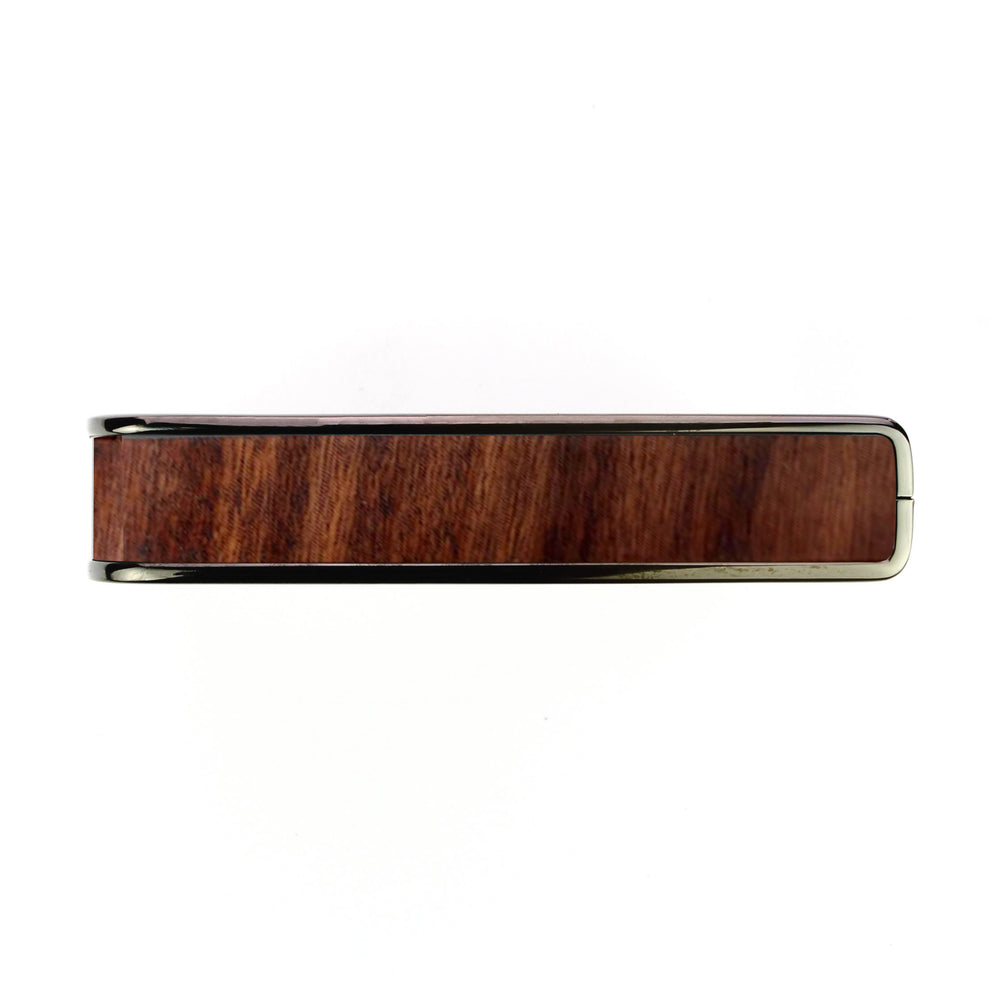Things I Wish I Was Told… When I Started Learning Guitar
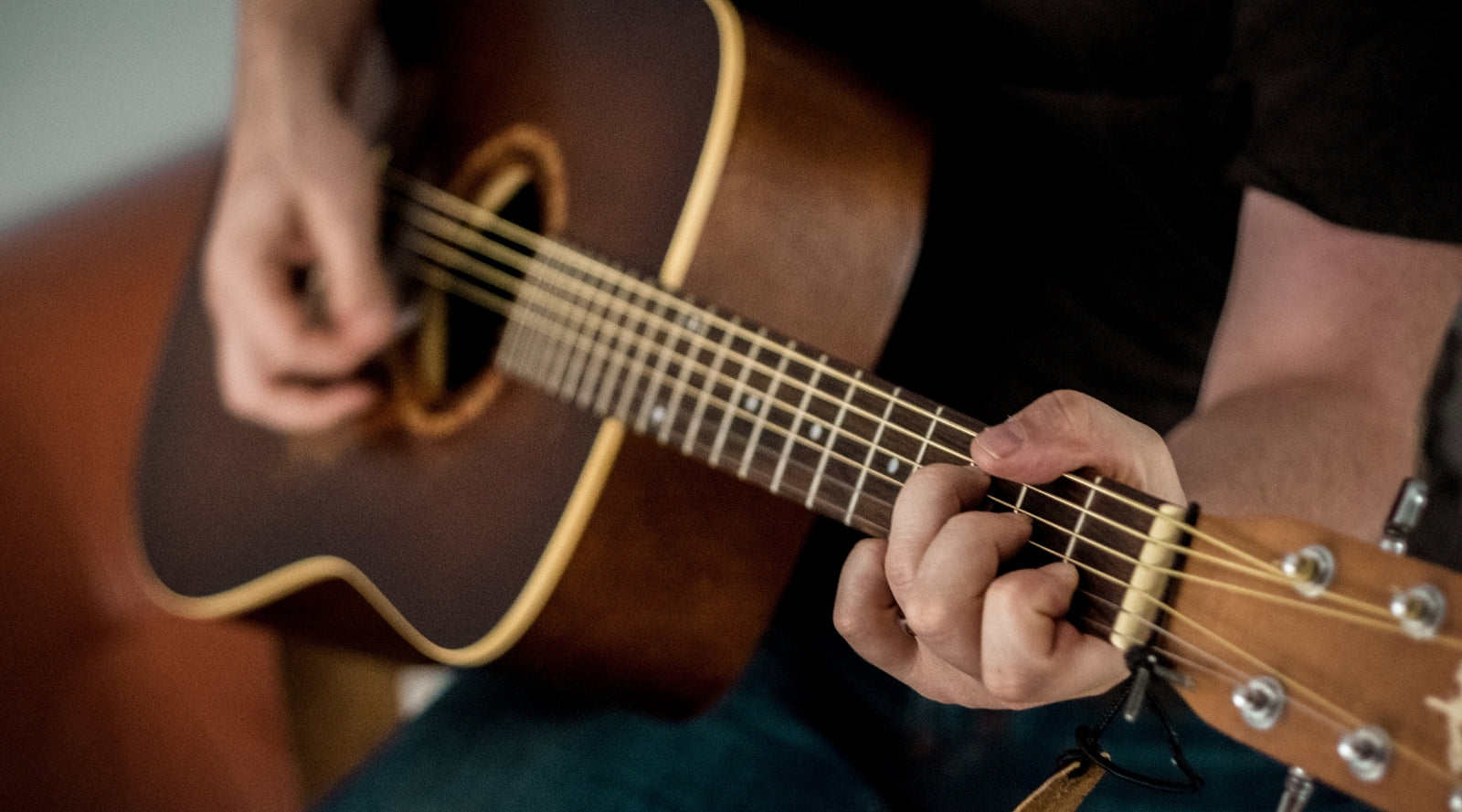
A little while ago, I posted about learning my first riff and beginning my journey with the guitar. Since then, I’ve been thinking about my early years playing the instrument, and how I felt at the time.
From memory, those early years were a mixed bag. The elation of discovery was often tempered with frustration, with not knowing where to go.
Rome wasn’t built in a day
When I was a teenager, I was pretty ambitious. But unfortunately, that ambition was tempered by a complete lack of patience. I wanted the world and I wanted it last week. This meant that if something was shaping up to be a grind, I’d usually find a way around it.
That wasn’t always necessarily a bad thing. As Bill Gates is supposed to have said once, “I always choose a lazy person to do a hard job, because a lazy person will find an easy way to do it.” The problem was that my workarounds were often straight up avoidance. I’d half learn how to do something, oversimplify parts, stick to working out the easiest songs in a band’s catalogue. And inevitably, I’d keep hitting roadblocks and get frustrated that I wasn’t where I wanted to be.
Eventually, the penny dropped, and I learned that I had to put the hours in. The quick gratification of learning something simple was great, but to get where I wanted to be would take time.
As I accepted that and started to put the time in, I started to become the player I wanted to be. I also accepted that becoming the player I wanted to be was a process; a process that is still on-going.

Theory does matter
As a young guitarist, I completely rejected any notion that music theory would help me in my journey. At the time, I justified this as a “punk rock/music is freedom” attitude to playing. If I learned my theory, I told myself, I’m just putting myself in a box. “[Insert guitar hero of the week] didn’t need theory, and they were a genius. Why do I?”
Of course, this justification was total BS. The reality was that I found the theoretical side of things overwhelming and intimidating. Unfortunately, this approach meant my early growth as a guitarist was stunted.
It’s only in the past decade that I’ve finally gotten to grips with the fundamentals of musical theory. And when I say fundamentals, I really mean it. Compared to most, I’m still a complete luddite. But that rudimentary education alone has paid off in dividends and made me a better guitar player.
Contrary to the opinion of my teenage self, theory doesn’t close doors; it opens them. By understanding the way things work, you create new musical pathways. When you’re jamming, writing, or rehearsing, you don’t waste time fumbling around trying to find something that fits. You know the directions you can go in, which means you get to your destination quicker.
You’re doing fine
During my high school years, I always compared myself to other guitar players, and those comparisons were rarely favorable. Usually, I was looking at the kids who started playing before I did. They’d been at it for much longer than me and they were further along in their journey. At the time though, I couldn’t see it that way. These comparisons often led me to feel negative about my own playing and to downplay my own accomplishments.
In retrospect, though, I was exactly where I needed to be. I was learning, I was making progress; week-on-week, I was becoming a better guitar player. But, in that moment, I couldn’t see it. Learning guitar can be all consuming, especially when you’re still a kid and don’t have work and family responsibilities to prioritize. And, being in that bubble, I couldn’t see the wood for the trees.
I wish I had been able to see it though, because I would have enjoyed the process a whole lot more.
What do you wish you’d told yourself when you started learning guitar? Share your stories in the comments.








